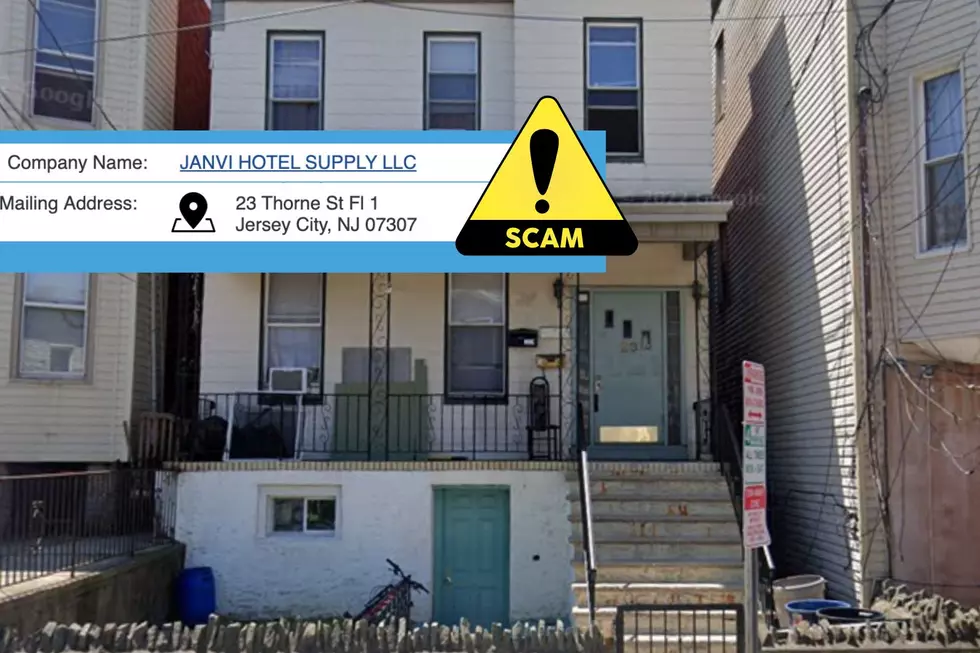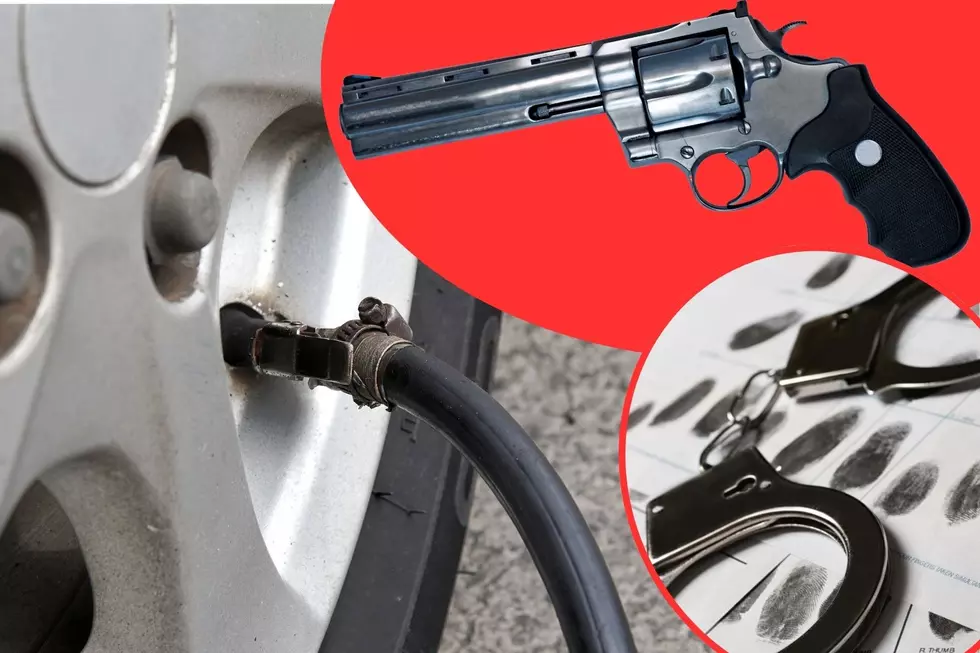Study: Parole Reduces NJ Crime, Saves Money [AUDIO]
Offenders released to parole supervision in New Jersey are 36 percent less likely to be arrested, convicted, and returned to prison for new crimes than inmates who served out their full sentences behind bars, according to a new study by The Pew Charitable Trusts' Public Safety Performance Project.
But Ryan King, the project's research director, said technicalities like failing a drug test or missing a mandatory meeting can offset that number, despite a 14 percent gap in recidivism rates between parolees and "max outs."
"When you factor in those technical revocations, max outs and parolees return to prison at about the same time," said King. "So, any of the potential cost savings that you might have from parole would be lost if you're not engaging in evidence-based practices to address technical violations."
The study further revealed that parolees were 14 percent less likely than max outs to be re-arrested within three years of release, and 17 percent less likely to be convicted of a new crime. About 25 percent of parolees released in 2008 committed new crimes and were put back behind bars within three years, compared with 41 percent of offenders who maxed out their sentences and later returned to prison.
"For parole supervision to be a real cost-effective alternative to keeping offenders behind bars for their entire sentence, policymakers need to develop and invest in different strategies that hold offenders accountable for violations without simply returning them to expensive prison cells," said King. "There are better supervision practices that can help keep parolees in the community without jeopardizing public safety."
More From New Jersey 101.5 FM









